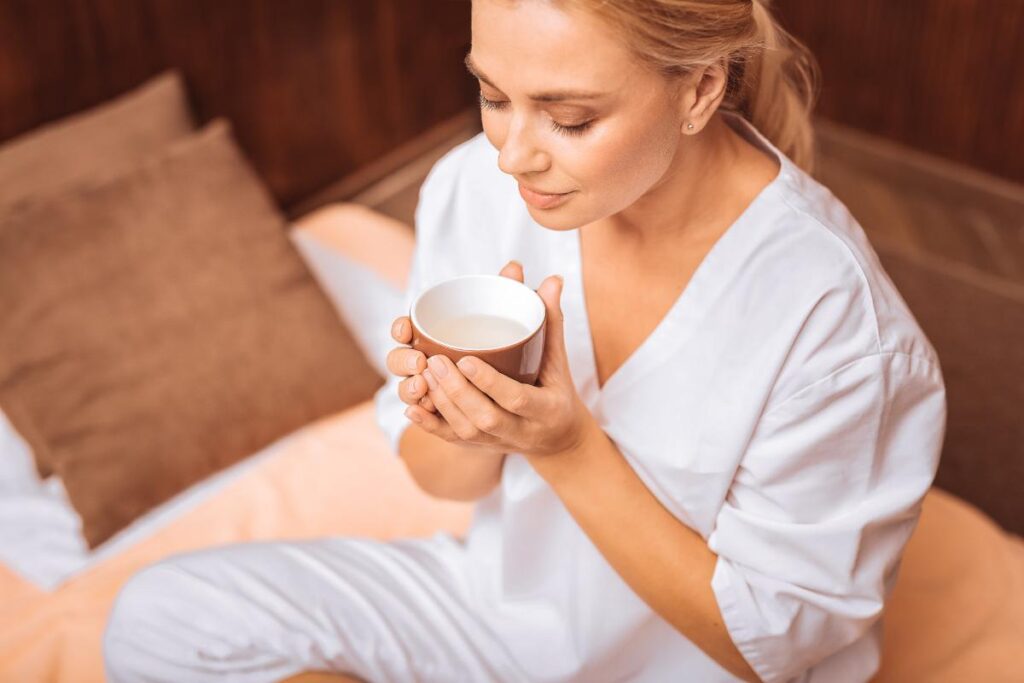Anxiety is incredibly common in the U.S. It occurs when a person is feeling worried, tense, or afraid in response to things that might happen in the future. Anxiety can manifest through physical symptoms as well as mental symptoms. This mental health condition can be very hard to deal with, but it doesn’t have to be.
If you or a loved one is currently struggling with anxiety, reach out to Northpoint Seattle today at 888.483.6031. We can discuss self-care activities to cope with anxiety and how our anxiety treatment program can help.
Understanding Anxiety
Anxiety is something that many people experience, but it can also be a severe mental health problem if it begins to affect your ability to live your life. So, how do you know if your anxiety is just stress-related or if it’s an ongoing mental health condition? It might be a general anxiety disorder if:
- Your feelings of anxiety are very strong or last for a long time.
- Your fears or worries are more significant than the situation.
- You avoid situations that might cause anxiety.
- You regularly experience symptoms of anxiety, such as panic attacks.
You may also find it challenging to live everyday life or do things you once enjoyed.
Symptoms of anxiety could include:
- Nausea
- Lightheadedness
- Feeling restless
- Fast breathing
- Irregular heartbeat
- Panic attacks
- Sleep problems
- Sweating
It’s important to acknowledge that anxiety can look different for anybody. While one person might sweat more when they’re anxious, another might experience changes in their sex drive. Anxiety can also make a person feel tense or unable to relax and like they are out of control. When left untreated, anxiety can lead to more mental health conditions such as depression or depersonalization.
Self-Care Activities for Anxiety
There are several different treatments available for symptoms of anxiety. However, there are also several self-care activities to cope with anxiety.
Talk to Someone You Trust
One self-care activity to combat anxiety is talking to somebody you trust about what’s making you anxious. For some, having someone to listen is enough; for others, the person they trust can help them understand the severity of the situation and how to respond appropriately.
Focus on Physical Health
Physical health is directly related to mental health. Self-care activities for anxiety can look like getting enough sleep, eating healthy, drinking water, or engaging in physical activity.
Practice Mindfulness
Mindfulness involves giving your full attention to the present moment. For some, mindfulness can be incredibly helpful for coping with anxiety. A mindfulness self-care activity to combat anxiety can be breathing exercises, which can make a person feel like they are in control.
Try Journaling
Journaling can be helpful for a person to take note of what symptoms occur when somebody gets anxious or has a panic attack. Journaling can help you notice patterns and triggers or notice signs that they are beginning to happen. Journaling can also be helpful as a way to remember what’s going well. Noting the good things in your life or a day can improve symptoms of anxiety.
Treatment for Anxiety
While many people find success using self-care activities for anxiety, for many, it is not enough. Psychotherapy and medication-based treatment are two treatment options that have been incredibly effective for many people. For some people, medication is enough, while for others, therapy is enough. Most people find success through a combination of medication and psychotherapy. Talking to a healthcare professional can help you decide which route is best.
Call Northpoint Seattle Today to Find Relief with Anxiety Treatment
Anxiety can feel debilitating at times, but it doesn’t have to. Northpoint Seattle is prepared to help you or your loved one develop healthy coping mechanisms when anxiety becomes too overwhelming. Contact us today at 888.483.6031 or online to get started.

